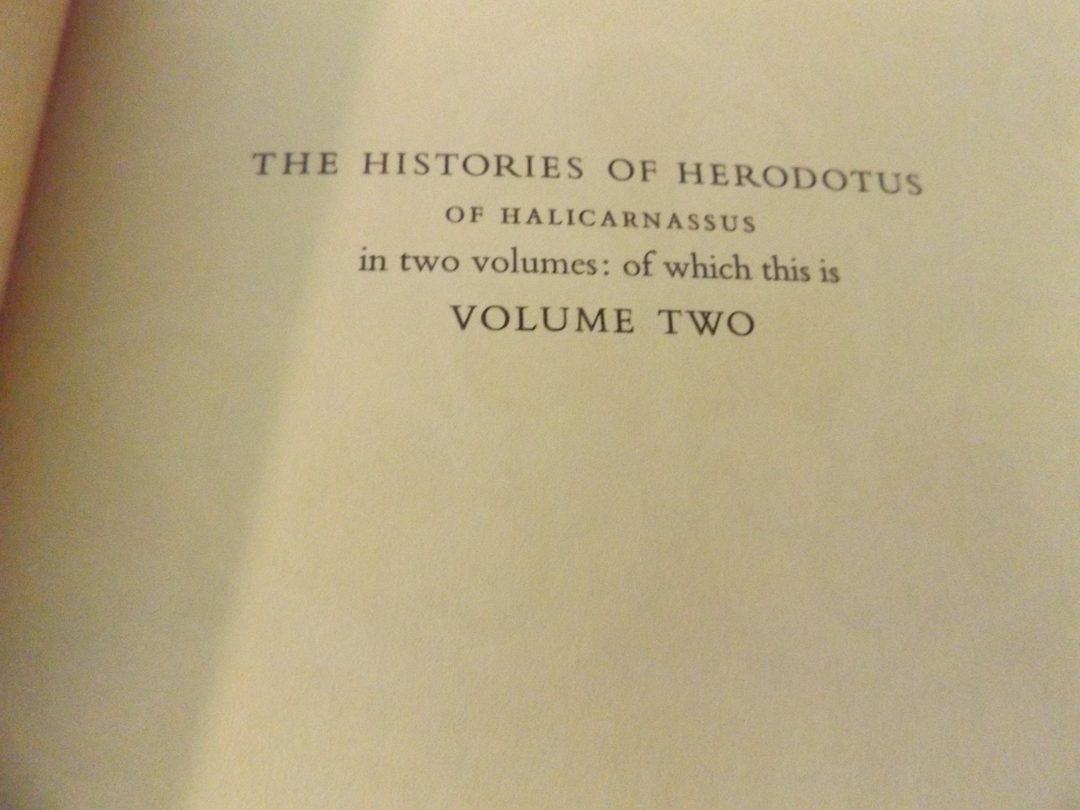
History was becoming more of a “knowledge” rather than an amusement. It was not until the time of Herodotus that gods began to have less influence upon history that was written, yet it was still implied because of the largely accepted view of the Greeks and the expectations that they may have had of how The Histories would be written. Although some of his stories were fanciful and others inaccurate, he claimed he was reporting only what had been told to him.

The Histories-his masterpiece and the only work he is known to have produced-is a record of his "inquiry" (or ἱστορία historía, a word that passed into Latin and acquired its modern meaning of "history"), being an investigation of the origins of the Greco-Persian Wars and including a wealth of geographical and ethnographical information. He has been called "The Father of History", as well as "The Father of Lies." He was the first historian known to collect his materials systematically, test their accuracy to a certain extent, and arrange them in a well-constructed and vivid narrative. The Histories-his masterpiece and the only work he is known to have produced-is a record of his "inquiry" (or ἱστορία historía, a word that passed into Latin and acquired its modern meaning of "history"), being an investigation of the origins of the Greco-Persian Wars and including a wealth of geographical and ethnogra Herodotus (greek: Ηρόδοτος) was an ancient Greek historian who was born in Halicarnassus, Caria (modern-day Bodrum, Turkey) and lived in the fifth century BCE (c.



Herodotus (greek: Ηρόδοτος) was an ancient Greek historian who was born in Halicarnassus, Caria (modern-day Bodrum, Turkey) and lived in the fifth century BCE (c.


 0 kommentar(er)
0 kommentar(er)
